Singapore is accelerating the transformation of its materials research system by integrating artificial intelligence (AI) across the entire development chain, from molecular modelling and data screening to testing and performance evaluation. This is seen as a strategic move to create new materials for the development of clean technology, energy efficiency and sustainable manufacturing.
Where traditional research methods can take years to identify a new material, AI has become a key tool to shorten the timeline, optimize resources, and expand testing capabilities. By combining machine learning algorithms with scientific data, research teams in Singapore can now predict the properties of thousands of compounds in just hours, something that used to take months with conventional simulation tools.
One area of focus is materials for renewable energy. AI systems are helping to discover new structures for batteries that store energy longer, photovoltaic cells that convert sunlight more efficiently, or catalysts that reduce the cost of producing green hydrogen. These breakthroughs are important to the country’s goal of reducing emissions and increasing its technological self-sufficiency.
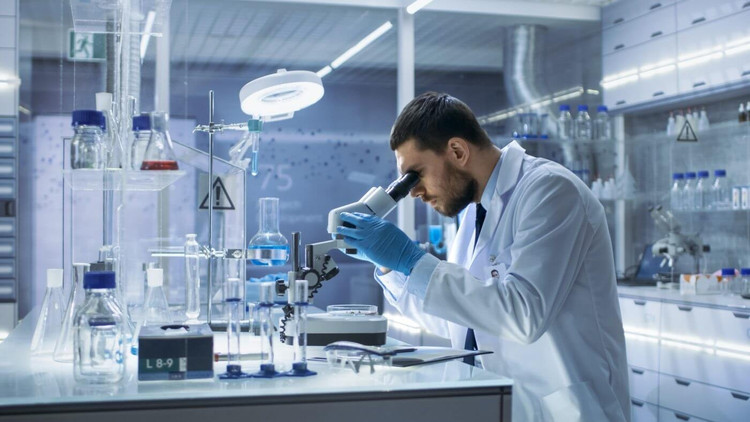
What is unique about Singapore’s approach is its heavy investment in data infrastructure and supercomputing. Research centers are connected through high-performance computing platforms that allow models, algorithms, and experimental results to be shared in real time. This not only accelerates development but also fosters collaboration across disciplines, from chemistry and physics to computer science and engineering.
At the same time, many projects are focusing on combining AI with high-throughput experimentation technology. Automated robots can conduct hundreds of experiments per day, while AI analyzes and suggests the next formula. This approach is widely applied in the development of environmentally friendly materials such as biodegradable polymers, lightweight alloys, or non-toxic anti-corrosion coatings.
In its long-term development orientation, Singapore has identified AI as a core infrastructure technology, not only to support research but also to reshape the entire innovation ecosystem. Many funding programs are being implemented to connect AI research groups and experts in the field of materials, promote interdisciplinary ideas, and facilitate field trials right in high-tech industrial parks.
The focus on materials is not only driven by the need to develop local technology, but also linked to the vision of becoming a global innovation hub. By leading in AI applications for materials science, Singapore aims to build a new competitive edge where data, algorithms and experiments come together to create products with high utility value and tangible practical impact.
By leveraging technology to overcome limitations of scale, resources and time, the island nation is creating a new research model: faster, more efficient and more future-oriented, especially in the context of the world's strong shift towards green technology.
Source: https://khoahocdoisong.vn/singapore-dung-ai-tang-toc-phat-hien-vat-lieu-xanh-post1555385.html




![[Photo] Thac Ba Lake: Towards an international-class tourism, resort and cultural center by 2040](https://vphoto.vietnam.vn/thumb/1200x675/vietnam/resource/IMAGE/2025/9/12/0940443efe0a427b88707caadba1cc41)

![[Photo] Launching Ceremony of the Specialized Electronic Information Page of the Communist Party of Vietnam - 14th Congress](https://vphoto.vietnam.vn/thumb/1200x675/vietnam/resource/IMAGE/2025/9/12/4c1b894be2ea4e3daccfd8c038b6fb46)

![[Photo] General Secretary To Lam attends the launching ceremony of the website of the Communist Party of Vietnam - 14th National Congress](https://vphoto.vietnam.vn/thumb/1200x675/vietnam/resource/IMAGE/2025/9/12/0d4fce7dbce2409cb3c03c21fdf3c3b5)

















![[Photo] Where the history of resistance comes alive with modern technology at "95 years of the Party Flag lighting the way"](https://vphoto.vietnam.vn/thumb/1200x675/vietnam/resource/IMAGE/2025/9/12/81c1276f52b849c8b16e2d01dd1c85e4)







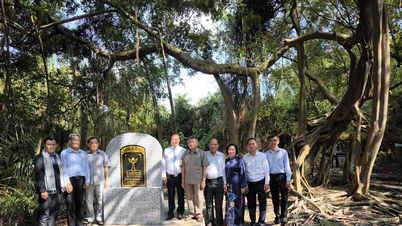







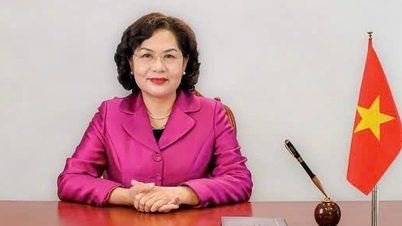








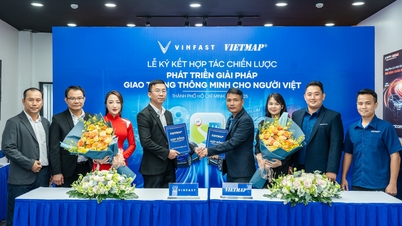















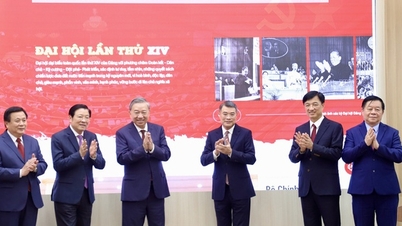


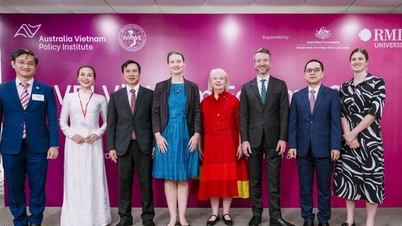











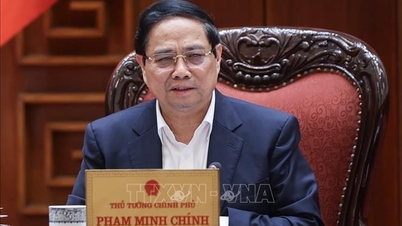
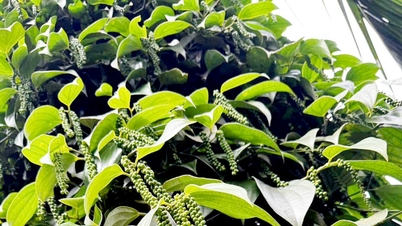





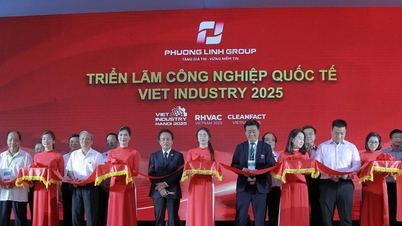









Comment (0)